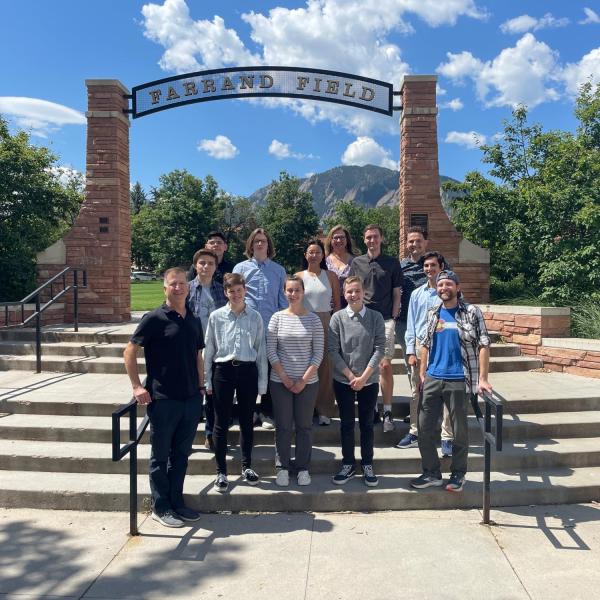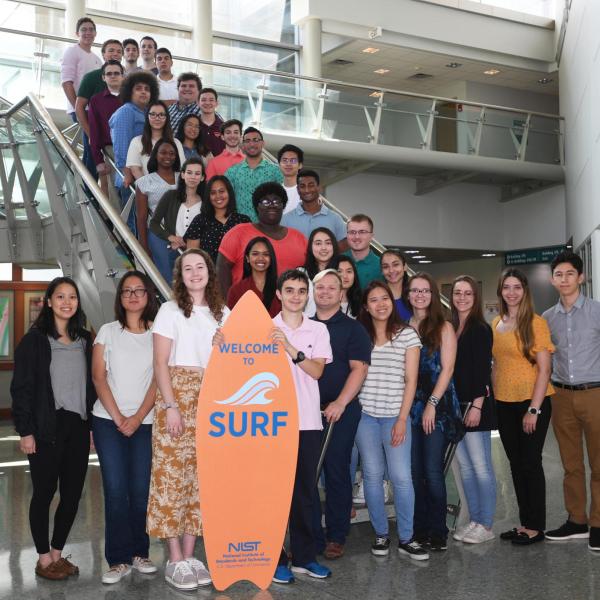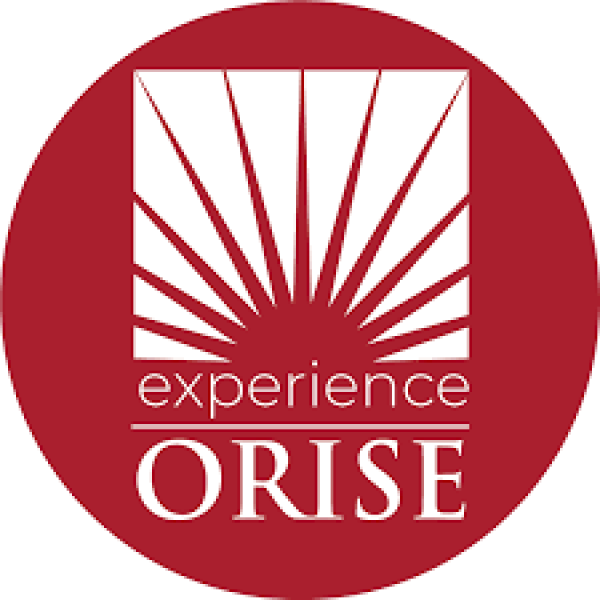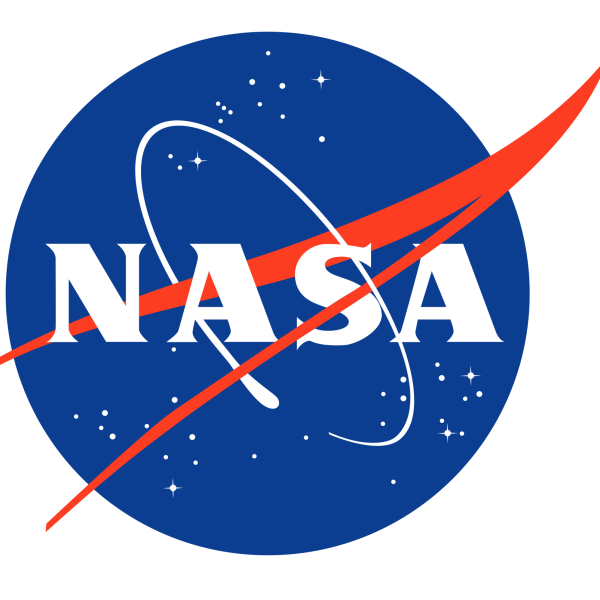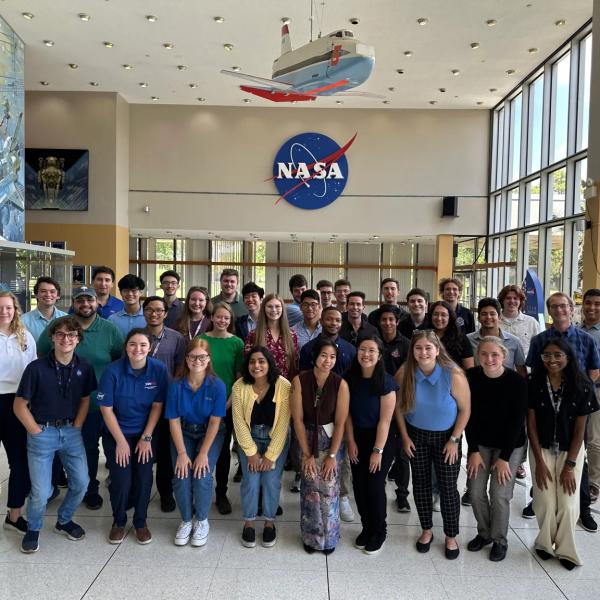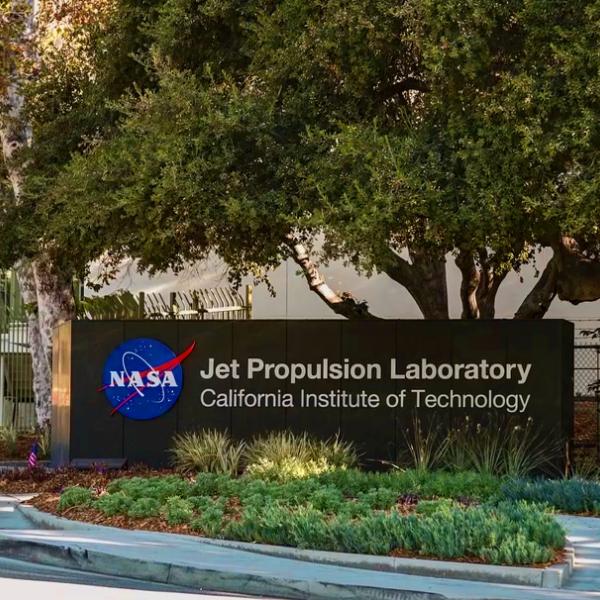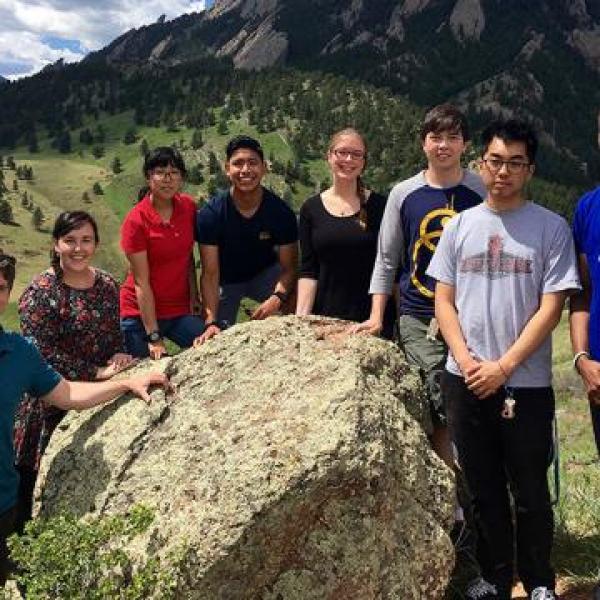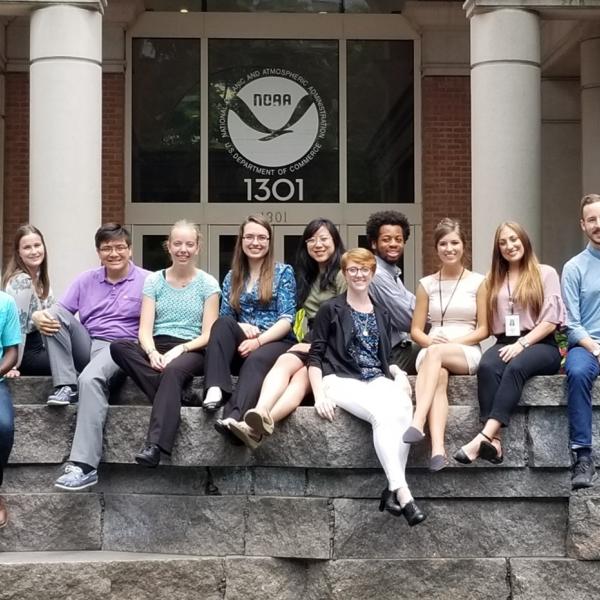Undergraduate Research Opportunities
Get involved in cutting-edge research through one of many opportunities at CU Boulder, national laboratories, research facilities, or industry. Find your path with the resources, requirements, and opportunities below.
Why engage in research?
- Apply what you’ve learned in class to cutting-edge research in physics and related fields
- Learn what it might be like to have a career in research
- Gain technical and non-technical skills that make you marketable to graduate schools and employers
- Get to know a faculty member in a way that would never be possible in a large class
- Discover whether going to graduate school might be a good career option
Getting Started
The Department of Physics encourages student participation in research. In fact, an Undergraduate Research Experience (URE) can be a component of several of the “plans” offered by the department (consult with your academic advisor/ faculty mentor and review the program requirements for either the Bachelor of Arts in Physics or the Bachelor of Science in Engineering Physics).
To get the most out of your URE, you should be strategic in how to go about it. Study the advice and opportunities on this page and discuss your plans with your academic advisor.
Finally, for those doing research in experimental labs, remember that awareness of safety is important. Your mentor will be able to tell you about the required safety training for your lab or institute, but remember that ultimately YOU are responsible for the safety of yourself and those around you.
Department Research Opportunities
Most research opportunities are found by talking to your professors and asking around in local research groups and laboratories. Researchers may choose to promote available research opportunities in an email to undergraduate physics students.
Asking to join a research group
It is important to put some thought into making your first contact with a researcher about a possible URE. Whatever you do, don’t simply send an email that asks “When can I start doing research with you?” Realize that mentoring a URE is a substantial commitment, and although researchers are often eager to take on a student, they want to be sure you have sufficient background and will take the job seriously. Some things to consider when preparing to contact a potential URE mentor:
- Make first contact well in advance of when you would like to begin
- Describe what kind of research you would like to do
- State the number of hours/week you would like to work
- State whether you are interested in school-year and/or summer work
- State whether you intend to apply for funding or earn independent study and/or honors credit
- Briefly describe your relevant coursework (include a sample of your work if appropriate)
- Provide your Curriculum Vitae and be sure it includes your year (freshman, sophomore, etc.), GPA, and a reference who can comment on your potential for doing research
Course credit and funding opportunities
You should arrange to be compensated for your time spent in a URE.
One option is to earn CU credit by signing up for either:
- Physics Honors (PHYS 4610). Note: you must have a minimum GPA of 3.30 to enroll.
- Independent Study (PHYS 4840). An Independent Study Agreement must be approved to enroll in PHYS 4840.
These options have a benefit of fulfilling requirements in several physics degree plans. Note to enroll in honors or independent study you must have previously located a research project and mentor.
Another option is to actually get paid for the hours in which you are not receiving course credit. The availability of paid opportunities varies based upon the discipline and your level of experience. Some paid opportunities are available directly through research advisors; other sources of funding are the Undergraduate Research Opportunities Program (UROP), REU, and the STEM Routes Uplift Research Program. The Discovery Learning Apprenticeship Program is available to Engineering Physics majors.
UROP
The University of Colorado Boulder UROP (Undergraduate Research Opportunities Program) provides funding for UREs campus-wide. For physics majors, two good options are:
- “Assistantship grants” ($1,000-$2,000)
- “Individual grants” (up to $1,500 in the academic year, up to $3,000 in the summer)
UROP applications for both the Summer or Fall/Spring Academic year are due in mid February (check the UROP page for the exact deadlines). Note that you will need to have identified a research mentor before applying for funding.
REU
The National Science Foundation sponsors the Research Experience for Undergraduates (REU) program in which undergraduates (typically, but not always, between their Junior and Senior years) are paid a stipend to work on a research project at universities and laboratories all over the United States. Typically, but not always, students travel to an institution other than their own. REU’s pay well and are great opportunities to expand one’s horizons. Applications are highly competitive.
STEM Routes Uplift Research Program
The STEM Routes Uplift Research Program is a cohort research program that teaches you how to conduct research through hands-on training, connects you with a CU research lab and mentor, and funds your research training experience. They also offer workshops on technical research skills, cultivate an inclusive learning community and help you secure funding to continue research after Uplift.
Department resources
Students are encouraged to take the Advanced Laboratory Course (PHYS 4430) or Quantum Forge (PHYS 4700/4710). These courses can be helpful experiences for your career and they satisfy the research component of your physics electives.
The department’s research page is a great place to start looking for positions, but be sure to also look for opportunities in closely-affiliated research institutes:
- JILA
- Laboratory for Atmospheric and Space Physics (LASP)
- Cooperative Institute for Research in Environmental Sciences (CIRES)
In addition to this URE website, several programs provide information and support for UREs:
- CU-Prime: A student-driven mentoring program led by physics grad students
- COSMOS: A student organization dedicated to diversifying CU Boulder Physics, APS, and Math Departments.
- APS/PHYS Professional Development: A resource helping undergraduates plan for their futures
- CU Stars: A program to recruit first-year students from diverse backgrounds to scientific careers
- Society of Physics Students (SPS): A student organization open to all Physics, Engineering Physics, and Astronomy/Astrophysics majors and minors.
Outside the department
A URE does not need to be supervised by a physics faculty member or even carried out at the university! You are welcome to explore qualifying internships at local companies or programs for students at research laboratories in the area or further abroad. Look for opportunities in other departments at CU Boulder including math, applied math, chemistry, engineering, etc.


